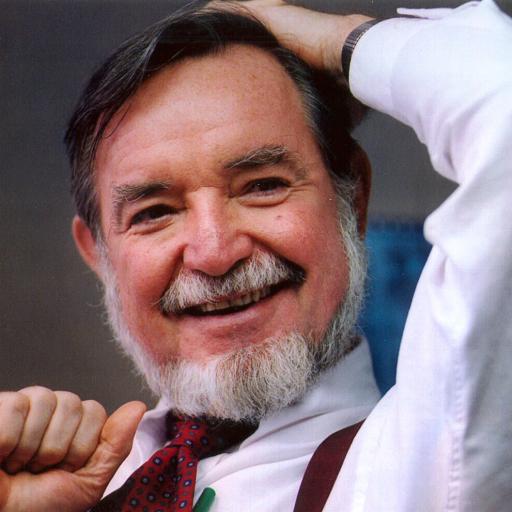
State or Province:
country:
USwhat are your gifts and talents?:
why do you want to join abcd in action?:
Discovering the Source of Power
“Agency” is a rather obscure word used in some circles in society. To better understand the word, the Merriam-Webster Dictionary translates in more popular language as meaning “the capacity, condition or state of exerting power.”
In this era when some people speak of the loss of agency, they more plainly mean the loss of capacity to exert power. This loss is usually focused on the changing relationship between citizens and their governments. The unspoken assumption is that the personal sense of power is embodied in the citizen/government relationship and that when the relationship is unsatisfactory, people grow angry.
While this is an interesting argument with some merit, it is an institutionalist view of society. There is another way of understanding a person’s sense of power, a.k.a. agency. This alternative perspective was made clear at a meeting in Minneapolis of people who descried themselves as “community organizers.” * Each was asked how people they organize feel power. The responses were:

The list is especially illuminating in at least two ways. First, government was never mentioned even though the specific question asked was, “How do people feel powerful?”
Second, almost all of the sources of power are relational – individual and collective. The absence of these relationally powerful manifestations is called isolation or loneliness. This isolated form of powerlessness was demonstrated in a now famous Vancouver Foundation study of the most important issues of concern in Vancouverites’ lives. The most frequent primary issue was loneliness rather than issues such as security, education, health etc.
A parallel study by Robert Putnam in his illustrious book, Bowling Alone, indicated the decline of participation in the primary local social structures for relationship building – neighborhood-level formal and informal associations.
The Minneapolis research suggests that many local citizens feel power grows from personal relationships. The Vancouver study suggests that these relationships are not experienced by thousands of residents who feel isolated instead of connected. The Putnam study indicates that the associational means of converting isolation to connectedness is in decline.
So, suppose we said that the anger we observe nationally grows significantly from the dissatisfaction millions of people feel because they are locally disconnected from each other.
Indeed, it may be, metaphorically, that the declining associational world is the drying up of the basic spring of democracy. Downstream we see the river of public discontent that results from the diminished spring. However, the river will not lose its visual pollution until we focus on the tangible local sources of power that create a real sense of “agency” - the local relationships that make people feel powerful, connected and satisfied.
* While the invitation to attend this meeting was citywide and gender neutral, those organizers who voluntarily attended were 34 women and 1 man.
